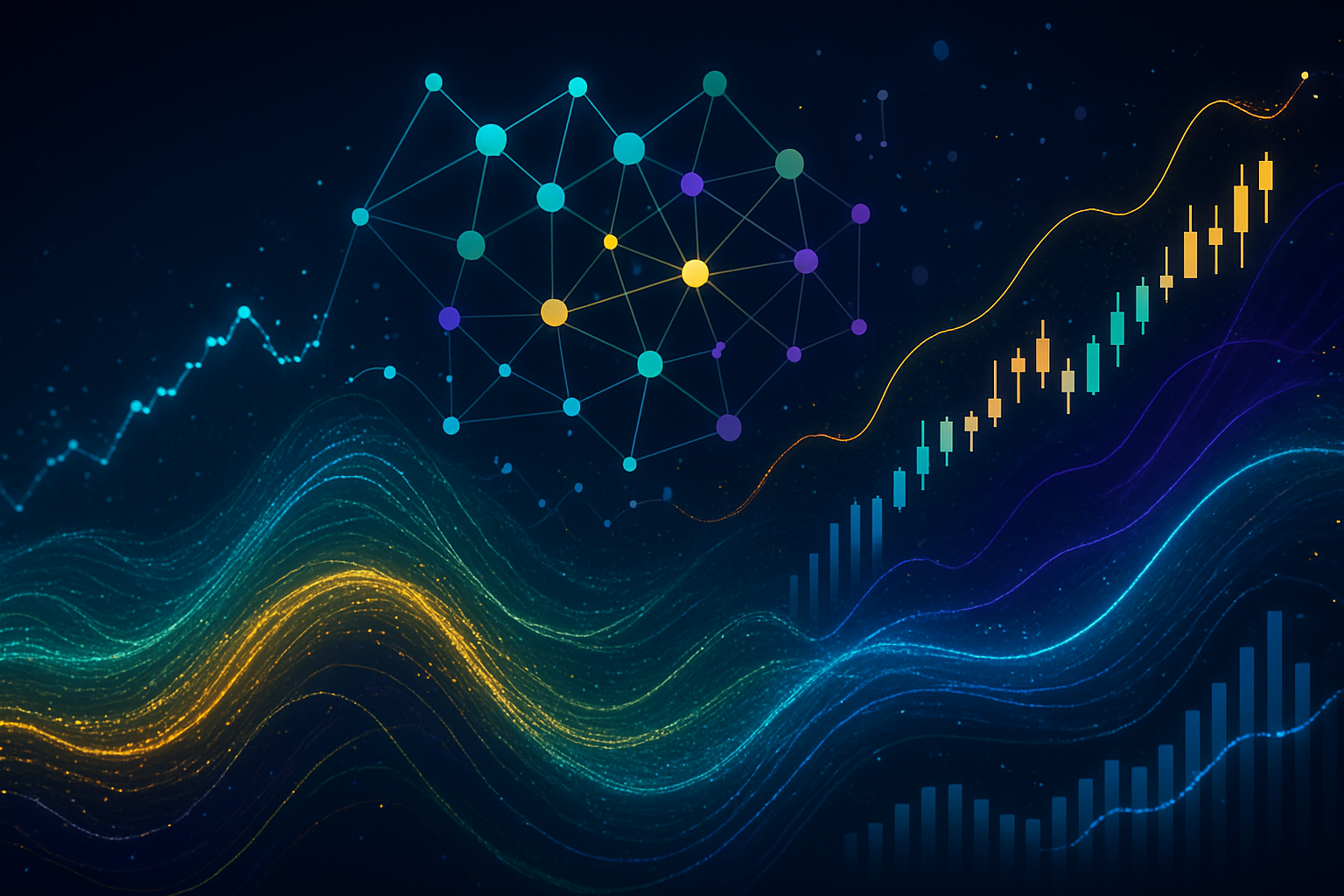How Real Estate Tokenization Lowers Barriers for Global Investors: Start with $50

For decades, real estate investment has been synonymous with high capital requirements, slow transactions, and limited cross-border access. The emergence of real estate tokenization in 2025 is methodically dismantling these barriers, allowing individuals worldwide to begin property investing with as little as $50. This transformation is not just theoretical; it’s already reshaping the landscape for both first-time and seasoned investors.

Fractional Ownership: The $50 Entry Point
The fundamental innovation behind real estate tokenization is fractional ownership. Rather than purchasing an entire property – typically requiring hundreds of thousands in upfront capital – investors can now buy digital tokens representing a fraction of a property’s value. Platforms like Lofty AI and Lufina have set the industry standard by pricing tokens at exactly $50 each. This precise threshold is not arbitrary; it’s designed to maximize accessibility while maintaining regulatory compliance.
Consider this scenario: A U. S. -based multifamily rental valued at $500,000 is divided into 10,000 tokens. Each token sells for $50, enabling investors from any country to own a piece of cash-flowing American real estate. For the first time, someone in Singapore or Berlin can participate alongside U. S. citizens – all starting with the same minimal financial commitment.
Liquidity and Tradability: Real Estate Meets Blockchain Markets
Traditional real estate has always suffered from illiquidity. Exiting an investment often takes months or years due to paperwork, legal hurdles, and a limited pool of buyers. Tokenization changes this dynamic by introducing secondary markets where property tokens can be traded much like stocks or ETFs. Investors are no longer locked in for years; they can enter or exit positions as their risk tolerance or market outlook shifts.
This liquidity brings important risk management benefits. If an investor needs to rebalance their portfolio due to macroeconomic events or personal circumstances, they can do so quickly without incurring punitive exit costs. According to recent analyses (read more about liquidity benefits here), this flexibility aligns real estate investment with modern portfolio management principles – a long overdue shift for an asset class worth trillions globally.
Global Access Without Borders
The blockchain infrastructure underpinning tokenized real estate eliminates many cross-border obstacles that have historically kept international investors out of foreign markets. There’s no need for complex legal structures or expensive intermediaries; smart contracts handle ownership records and distributions transparently on-chain.
This global reach isn’t just theoretical hype – it’s operational reality on leading platforms today. Investors from dozens of countries are acquiring fractional shares in U. S. , European, and Asian properties without ever boarding a plane or hiring local counsel. As highlighted by recent user experiences on forums like Reddit’s r/AusPropertyChat, even skeptics have tested the system by investing exactly $50 in U. S. -based rental tokens – reporting seamless onboarding and transparent income tracking as key advantages.
The implications are profound: individuals can now diversify across continents and property types with minimal friction, reducing concentration risk and increasing resilience against local market shocks. For more detail on how fractionalization opens new doors for small investors globally, see this guide to global accessibility via fractional tokenization.
Transparency, Security, and Trust on the Blockchain
One of the most significant advantages of blockchain real estate investing is the level of transparency it introduces to an industry long plagued by opacity. Every transaction, whether a $50 token purchase or a multi-token trade, is recorded on an immutable ledger. This public record ensures that ownership, rental income distributions, and even voting rights for property decisions are verifiable in real time. Fraud risk drops substantially when every movement of capital is auditable by all stakeholders.
Security is another core benefit. By leveraging blockchain’s cryptographic protocols, tokenized real estate platforms minimize the risk of unauthorized transactions or double-spending. Smart contracts automate rent collection and distribution, reducing human error and administrative delays. For investors concerned about compliance and asset protection, these technical safeguards offer a level of assurance rarely matched by traditional property syndicates.
Market Growth: Scaling From Millions to Trillions
The adoption curve for tokenized property shares has been steep. As of 2025, market capitalization for these assets stands between $10, 15 billion, with projections indicating exponential growth over the next decade. Analysts forecast that by 2035, up to $4 trillion in global real estate could be tokenized, a compound annual growth rate (CAGR) of 27%. The U. S. currently dominates issuance (about 60%), but platforms are rapidly expanding into Europe, Asia, and emerging markets.
This rapid scaling is driven by both retail and institutional adoption. For individuals, the $50 entry point offers a low-risk way to test new markets or strategies without overexposing their portfolios. For institutions, tokenization streamlines portfolio management and unlocks previously inaccessible liquidity pools.
Risks and Considerations: What Investors Should Know
Despite its promise, fractional property investment via tokens carries its own set of risks, many familiar to seasoned investors but potentially overlooked by newcomers attracted by low minimums. Market volatility can impact both underlying property values and token prices on secondary exchanges. Regulatory frameworks are evolving; not all jurisdictions treat digital assets uniformly, which can affect investor protections or tax status.
Platform selection is critical: due diligence on security protocols, asset vetting processes, and legal compliance should precede any investment, even if it’s just $50 at stake. Experienced investors know that while liquidity is higher than in legacy models, it may still be limited compared to equities or crypto markets during periods of stress.
The Road Ahead for Global Real Estate Access
The shift toward global real estate access through tokenization is not simply a passing trend, it’s a structural transformation with far-reaching implications for diversification, wealth creation, and financial inclusion worldwide. As more platforms refine their offerings around transparent governance and robust compliance standards, expect barriers to continue falling for small investors everywhere.
The days when international real estate was reserved for the wealthy or well-connected are ending. With blockchain-powered platforms setting minimums at exactly $50, virtually anyone can participate in this historically exclusive asset class, provided they approach it with caution and diligence befitting any new frontier.







